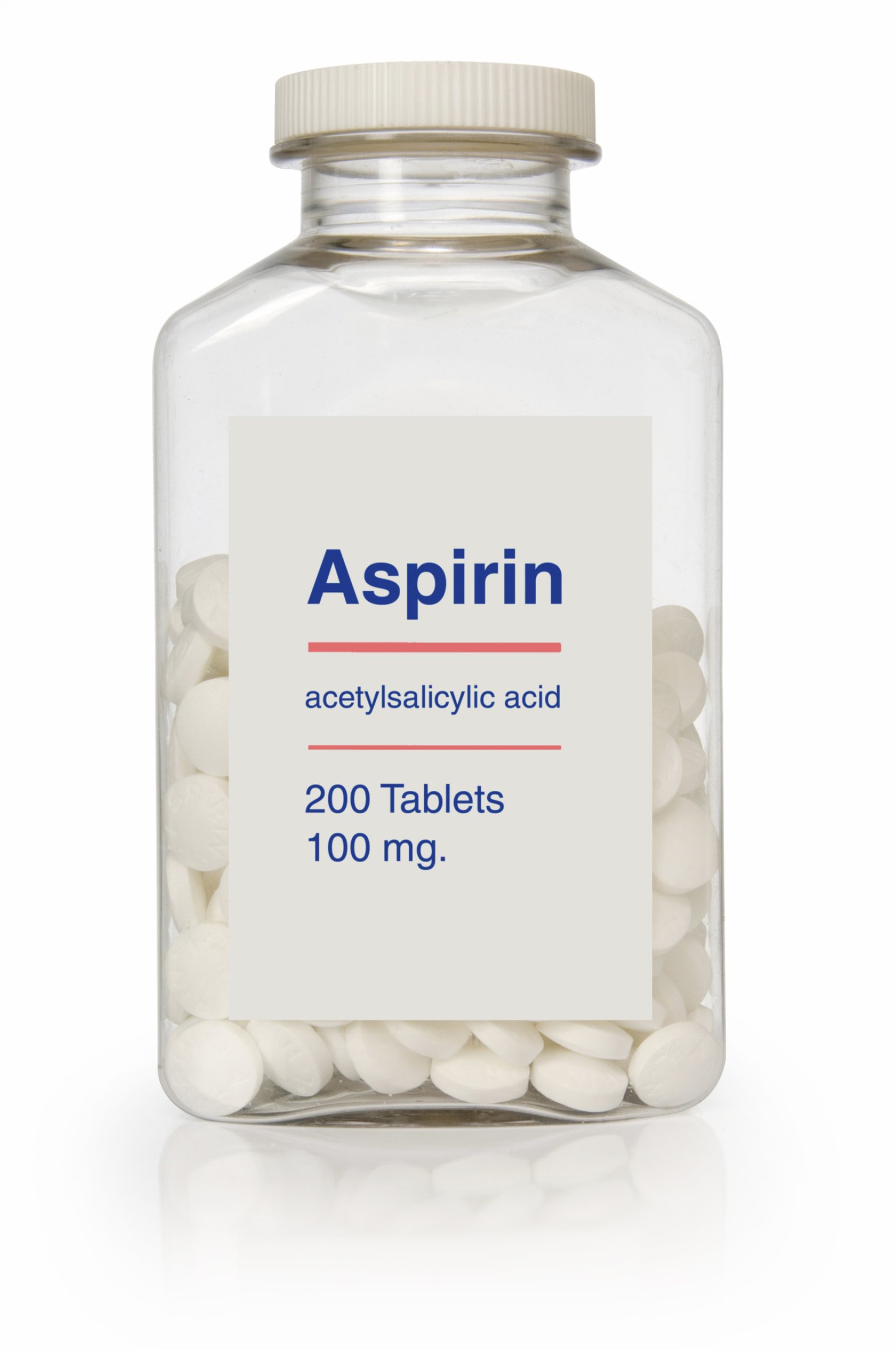
Increased risks of gastroschisis, cleft lip and palate, and neural tube defects have been reported following maternal use of aspirin during pregnancy (mainly at analgesic doses), however data are conflicting and may also be confounded, and a causal association with aspirin has not been proven. There is no specific information on malformation rates following use of low-dose aspirin in pregnancy but in most cases this treatment is initiated after 12 weeks of pregnancy when fetal organogenesis is complete and there is little risk of medication-induced structural malformation.

Low-dose aspirin is sometimes used from conception for women undergoing fertility treatment and those with a history of recurrent miscarriage or conditions such as antiphospholipid syndrome, as some studies have suggested an improvement in live birth rates. The National Institute for Health and Care Excellence (NICE) guidelines state that pregnant women at high risk of pre-eclampsia should be offered low-dose aspirin from 12 gestational weeks. Higher doses of aspirin (up to 4g/day) are used in the control of mild-to-moderate pain and pyrexia. Low-dose aspirin (75-300mg/day) is used as an antiplatelet medication in the prophylaxis of thromboembolic cerebrovascular disease and myocardial infarction. Aspirin is an acetylated salicylate with analgesic, antipyretic, anti-inflammatory and antiplatelet properties.


 0 kommentar(er)
0 kommentar(er)
